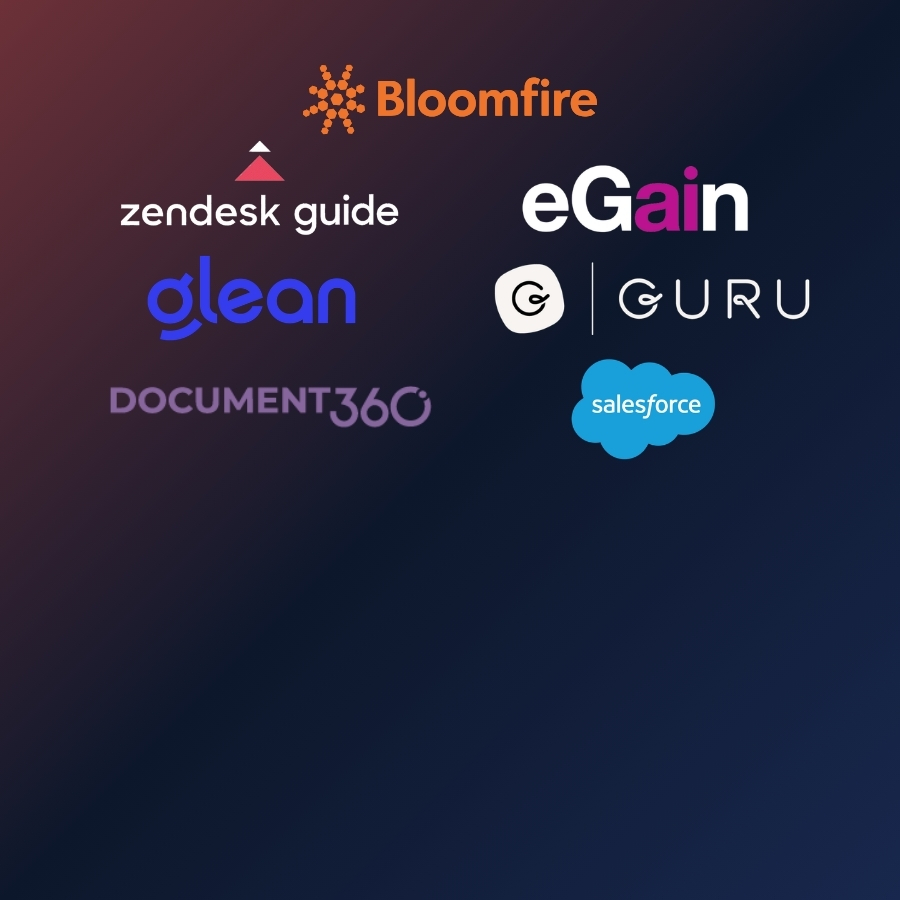4 Times When You Should Revisit Your Knowledge Management Strategy

Very few things in business are permanent. Successful companies must constantly evaluate their business strategies, marketing approaches, hiring practices, prices, budgets, and so much more. This allows them to make sure they are staying current with what the market wants so they can remain competitive.
The same applies to your knowledge management strategy. The processes you first establish simply won’t work forever, and technology that was once good enough may no longer cut it—especially if and when you experience things like rapid growth, a merger or acquisition, or an aging workforce.
To ensure that your knowledge management strategy continues to serve you and your employees well—allowing them to easily search for and find the information they need to successfully perform their roles—use the following four opportunities to reevaluate your process and technology.
The Business Has Gone Through a Merger or Acquisition
During a transaction like a merger or acquisition, a business can change considerably. According to research, an average of 30% of employees are deemed redundant after a merger or acquisition in the same industry. That, unfortunately, usually means layoffs.
But even if there are no layoffs, there are often big changes that affect the composition of the workforce. For example, a new executive team may be appointed, departments may be restructured, and some employees may take on new or different responsibilities.
To accommodate these changes, you may need to revisit your knowledge management strategy. For example, you may need to capture new company processes and policies in your system, consolidate knowledge assets from separate platforms, and publish updated information about the newly formed company.
A Large Portion of the Workforce is Gearing Up to Retire
Companies already have to contend with the Great Resignation, with employees quitting their jobs at a higher rate than ever before. But there’s another trend that may contribute to a large portion of a workforce leaving a company: early retirement.
Up until 2019, about 2 million Baby Boomers retired each year; however, that number jumped to 3.2 million in 2020. The COVID-19 pandemic made many realize that they could live a happier and more fulfilled life by leaving their jobs. In a Coventry survey, 75% of respondents said they were planning to retire early.
For companies who have a workforce that skews older, this can introduce a significant challenge. Seasoned workers—such as Boomers, who spend an average of over eight years at a job—tend to hold a lot of institutional knowledge. If you don’t record that information somewhere, it will leave the company completely when those workers retire. By reevaluating your knowledge management strategy now, before a mass exodus of retirees, you can make sure you preserve the knowledge of your most experienced employees, so you have it ready for the new hires joining your company.
The Business is Growing and Ramping Up Hiring
On the other side of the coin, there are many reasons why your company may be growing and actively recruiting new talent. According to the Bureau of Labor Statistics, there are 10.7 million job openings, and, as mentioned previously, many companies are contending with Boomers’ plans to retire early. Or your company may simply be experiencing organic growth, and you need to hire the workforce necessary to maintain your current levels of service and operations.
In any case, if you have plans to boost your hiring efforts, now is the time to take a closer look at your knowledge management strategy and platform. A solid strategy can help your new employees easily connect with the knowledge they need to get up to speed quickly, so they can spend less time searching for information and more time serving your customers. Plus, it puts frequently asked questions in one central location, so all employees know exactly where to find information when they feel unsure.
As an added benefit, establishing a knowledge management strategy ahead of a major hiring effort can increase social collaboration across your teams, which means the new hires will be more quickly integrated into your workforce—which can lead to happier, more engaged employees. And that is essential for a quickly growing company.
The Company Is Introducing a New Initiative, Product, or Service
Any time a company significantly shifts its offerings can be a good opportunity to revisit its existing knowledge management strategy. With the addition of a new initiative, product, or service, you often need to provide employees with updated policies, procedures, and best practices, as well as a space for those staff members to share their knowledge around the new offering as they gain more experience with it.
Without an up-to-date knowledge management strategy in place, information around this new product or service may get lost or miscategorized within your current system. And this can make it difficult for employees—especially new hires who already aren’t familiar with internal company knowledge—to provide customers and co-workers with accurate, helpful information.
Knowledge management is an important component of business success—if you allow your strategy to evolve alongside your business. By using these opportunities to revisit your strategy, you can make sure that your knowledge management system will continue to serve your employees and your company, no matter the challenges and opportunities you face.

How to Improve Customer Service: 9 Strategies to Automate Success

7 Best Customer Service Knowledge Management Systems in 2026

The 6 Knowledge Management Trends That Redefine Strategic Intelligence in 2026

Estimate the Value of Your Knowledge Assets
Use this calculator to see how enterprise intelligence can impact your bottom line. Choose areas of focus, and see tailored calculations that will give you a tangible ROI.

Take a self guided Tour
See Bloomfire in action across several potential configurations. Imagine the potential of your team when they stop searching and start finding critical knowledge.